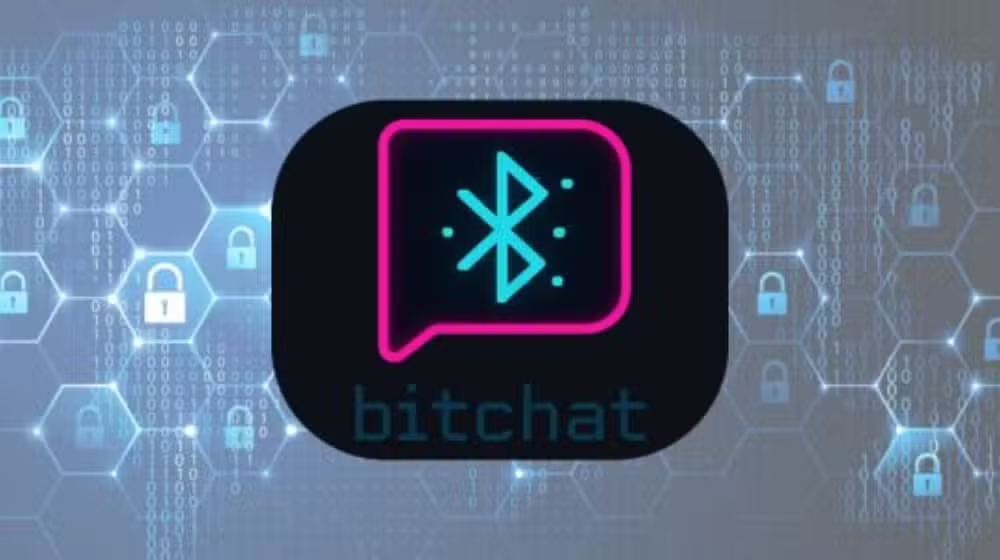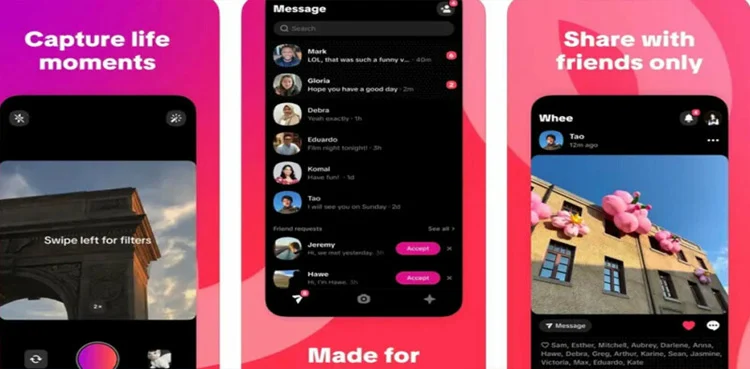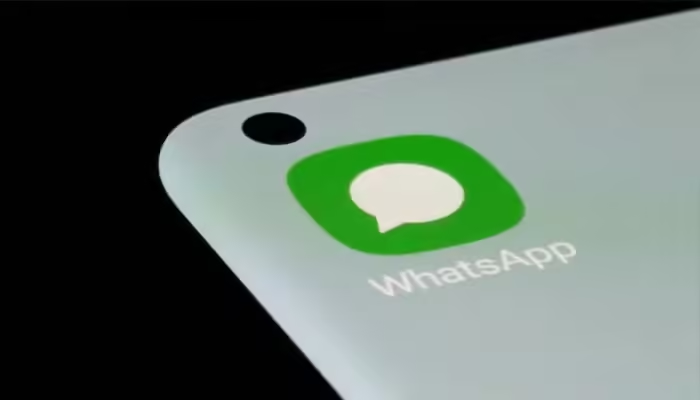Twitter co-founder Jack Dorsey has launched a groundbreaking messaging platform called Bitchat, a decentralized, peer-to-peer application that allows users to send messages without internet, mobile data, phone numbers, or even centralized servers. The app, now available in beta via Apple’s TestFlight, is being hailed as a major step forward in privacy-focused, censorship-resistant communication.
A New Era of Messaging Without Internet
Bitchat redefines what it means to communicate digitally by completely bypassing traditional internet infrastructure. Unlike conventional messaging apps like WhatsApp, Telegram, or Messenger that rely on cloud-based servers and user metadata, Bitchat functions entirely through Bluetooth mesh networking.
This technology enables devices to form temporary networks with other nearby devices, allowing messages to hop from phone to phone. As users move through physical environments, their devices act as nodes, extending the range of communication well beyond the standard limits of Bluetooth.
If users need to communicate over larger areas, they can use bridge devices — static phones or nodes placed strategically — to extend the mesh network without any reliance on Wi-Fi, SIM cards, or data connections.
Privacy and Security at the Core
At the heart of Bitchat lies an uncompromising commitment to user privacy and security. Messages are:
- End-to-end encrypted
- Never stored on centralized servers
- Automatically deleted after delivery
Because there is no central repository or cloud backup, messages remain only on devices involved in the transmission chain. This makes Bitchat highly resilient to surveillance and censorship, and an ideal tool for privacy-conscious users.
Users can create password-protected “rooms” using hashtags for group chats, ensuring an extra layer of access control. The app also uses a store-and-forward system, which temporarily saves messages on a device when the recipient is offline, and forwards them automatically once they reconnect to the mesh.
Inspiration from Real-World Challenges
Dorsey announced Bitchat on July 6 as a personal experiment in Bluetooth mesh networks, encryption models, and decentralized communication. The concept bears a strong resemblance to tools used during the 2019 Hong Kong protests, where protesters relied on decentralized communication apps like FireChat to coordinate during internet shutdowns and heavy surveillance.
The timing and philosophy behind Bitchat align closely with Dorsey’s broader advocacy for decentralization. Having supported blockchain-based platforms like Bluesky and Damus, Bitchat continues his vision of empowering users by eliminating corporate gatekeepers.
What’s Coming Next?
While the current beta release runs solely on Bluetooth, future updates will introduce support for Wi-Fi Direct, which allows faster data transmission and a broader communication range without using cellular networks or traditional internet infrastructure.
The app is expected to evolve with features that improve scalability, connectivity, and user experience, while maintaining its core promise of zero internet dependency and absolute privacy.
A Threat to Big Tech’s Dominance?
Bitchat challenges the dominance of mainstream messaging apps controlled by tech giants like Meta and Google. By removing the need for a phone number, cloud accounts, or personal data collection, it offers users something increasingly rare in the digital age: complete anonymity and control over their communications.
This makes Bitchat a powerful alternative for journalists, activists, travelers in remote areas, or anyone wary of surveillance and data exploitation. In a world where digital privacy is under constant threat, Dorsey’s new project provides a beacon of hope for secure, decentralized, and democratic communication.
Bitchat is more than just a messaging app — it’s a radical reimagining of how we stay connected. By leveraging mesh networking and encryption in innovative ways, Jack Dorsey has opened the door to a future where communication doesn’t require permission from centralized entities or access to the internet. As the world becomes increasingly digitized and monitored, Bitchat stands as a bold statement that true privacy and decentralization are still within reach.



